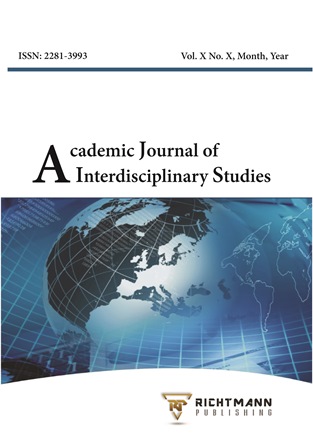Legal Dilemma on the Criminalization of Forced Marriage
DOI:
https://doi.org/10.36941/ajis-2023-0061Keywords:
forced marriage, criminalization, free consent, violence, punishment, Istanbul ConventionAbstract
The individual’s will, defined as a fundamental condition to enter a marriage, proves that it belongs to private law, therefore marriage is not mandatory but optional. From this point of view, the right to marry shall not be understood only as an opportunity that the law provides for two individuals to enter a marriage, but also as the individuals’ right to reject such a relationship [marriage] before it is entered. The European Union has addressed the problem of forced marriage both a form of human trafficking and as a manifestation of gender-based violence. Since forced marriage mainly affects vulnerable social groups, women and minors should be taken into primary consideration. Recently in Europe, there is a growing trend towards the criminalization of forced marriage. This papier identifies enforcement cases in relation to the criminal offence of forced marriage in Europe. As a result, the core aim of this article is to critically review advantages and disadvantages of the criminalization of forced marriages from a comparative point of view. In conclusion, such a criminalization cannot be seen as a priority tool to address the problem of a forced marriage.
Received: 11 February 2023 / Accepted: 25 April 2023 / Published: 5 May 2023
Downloads
Downloads
Published
Issue
Section
License

This work is licensed under a Creative Commons Attribution-NonCommercial 4.0 International License.
This work is licensed under a Creative Commons Attribution-NonCommercial 4.0 International License.








